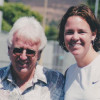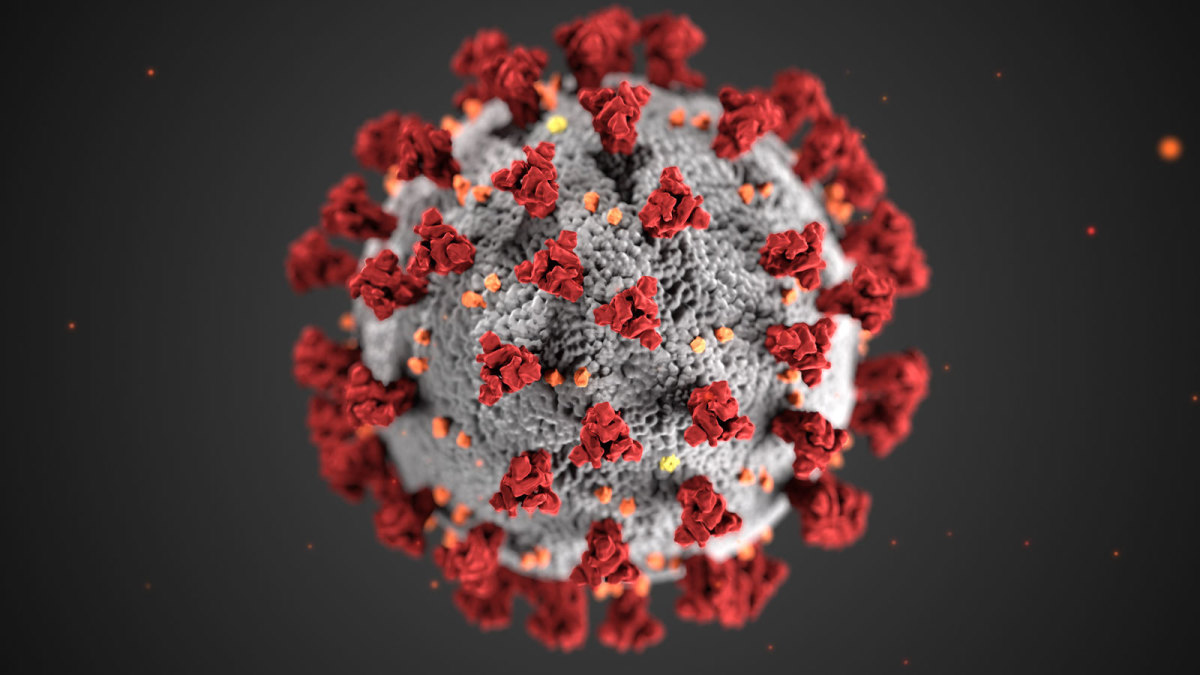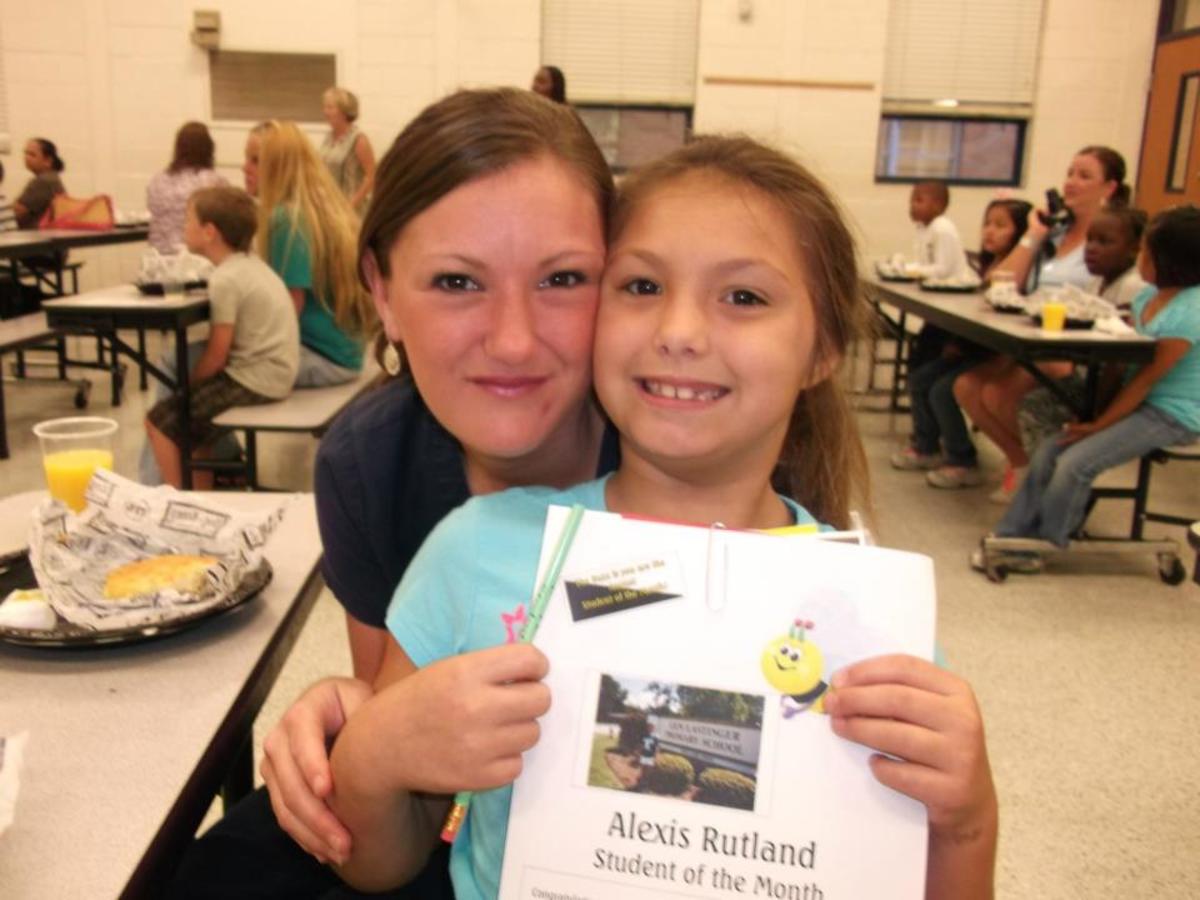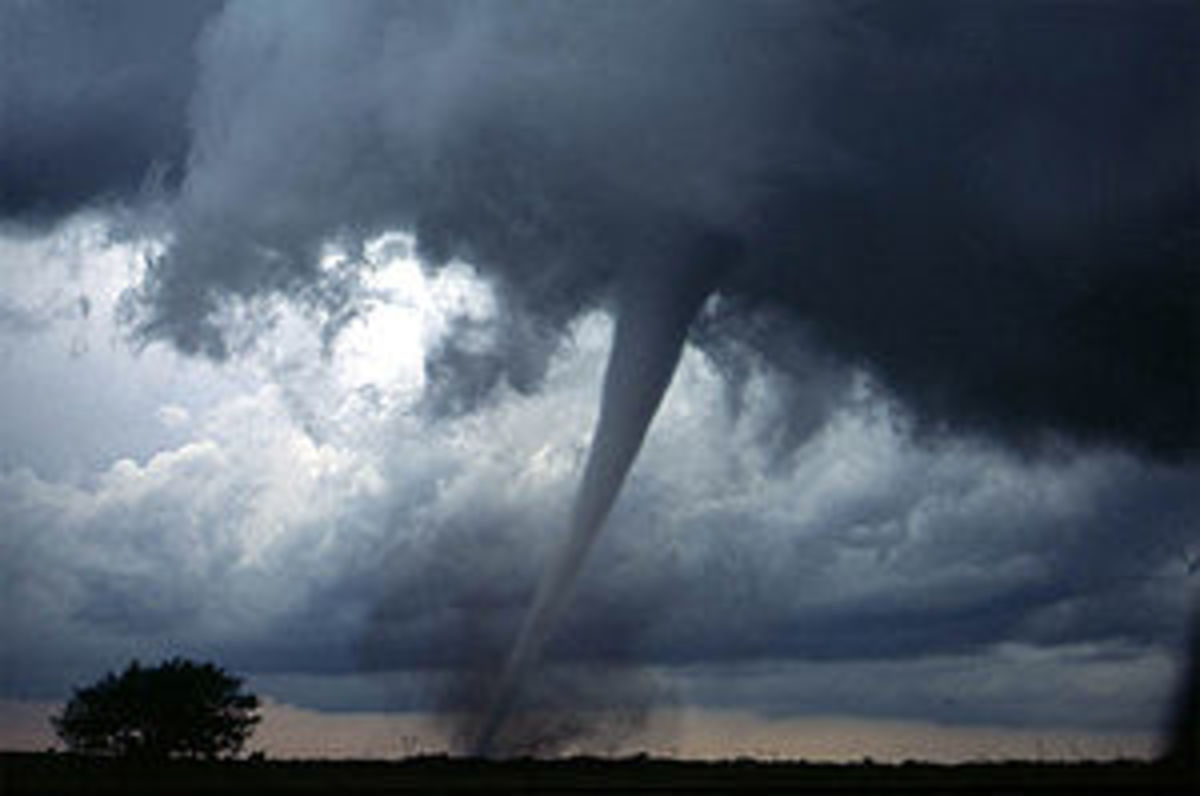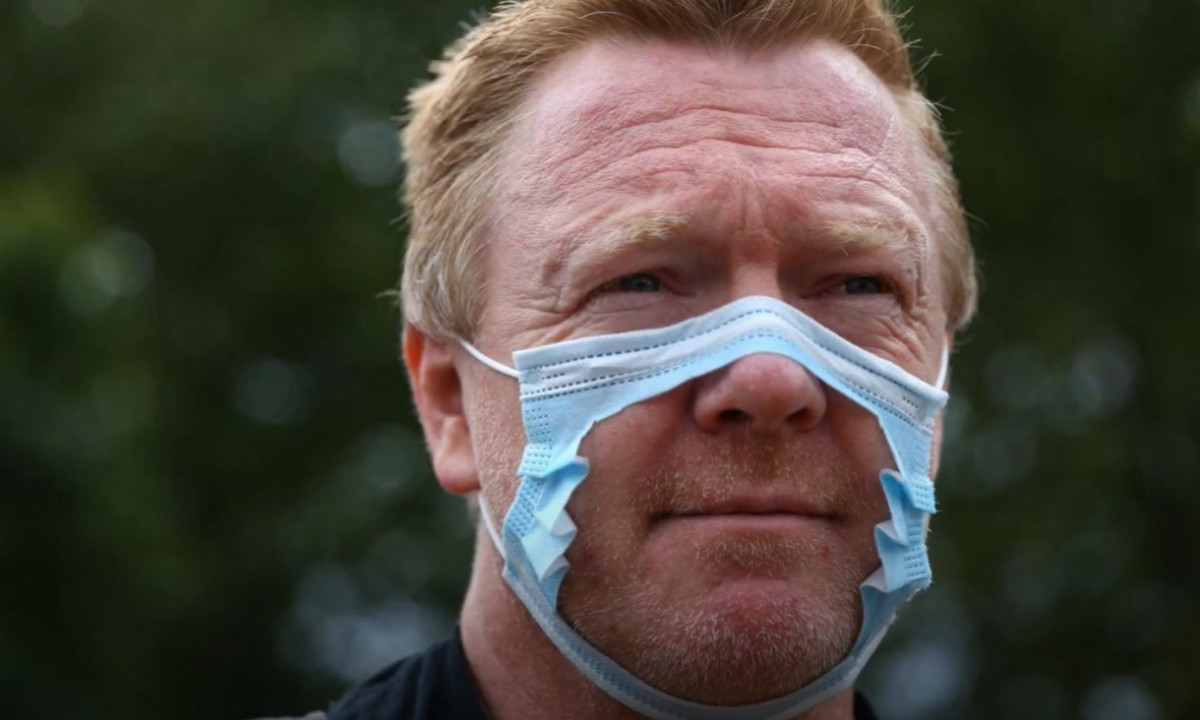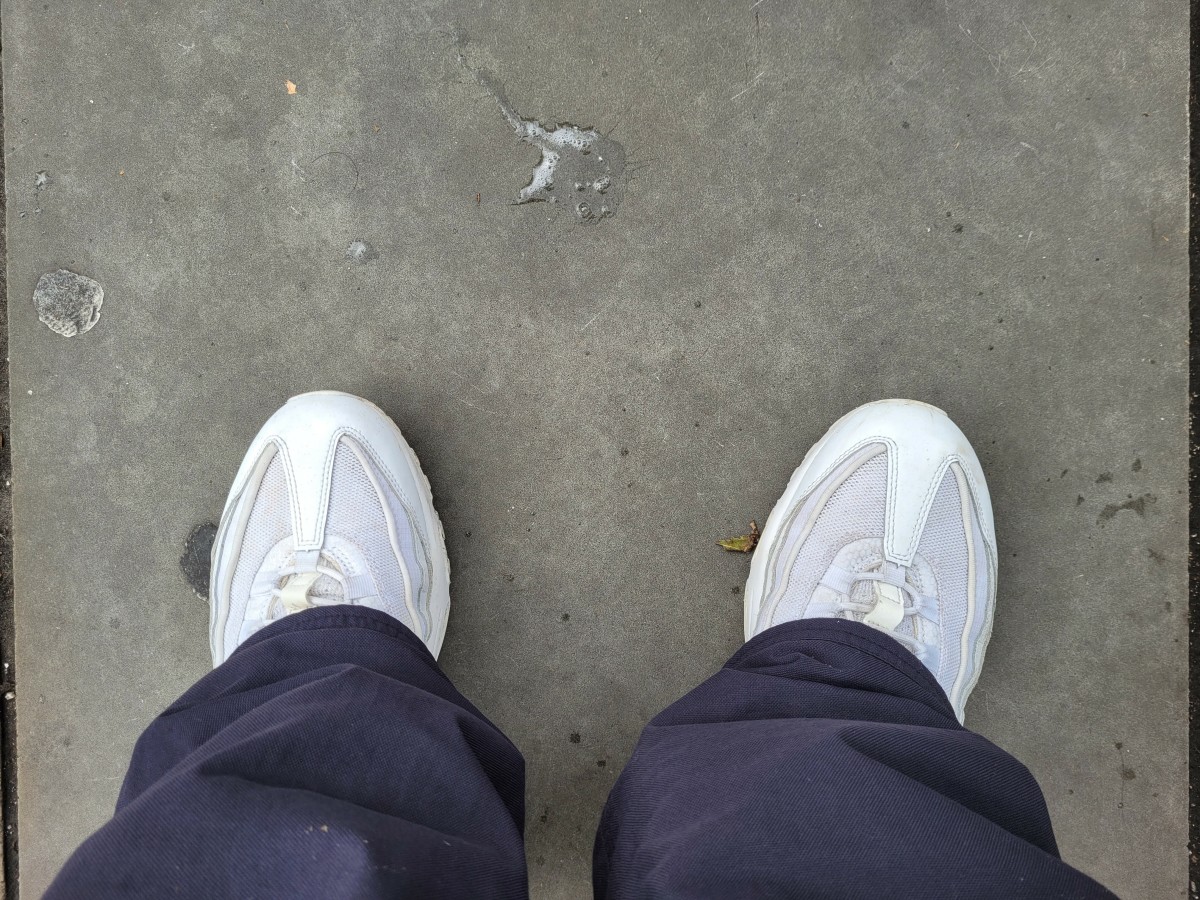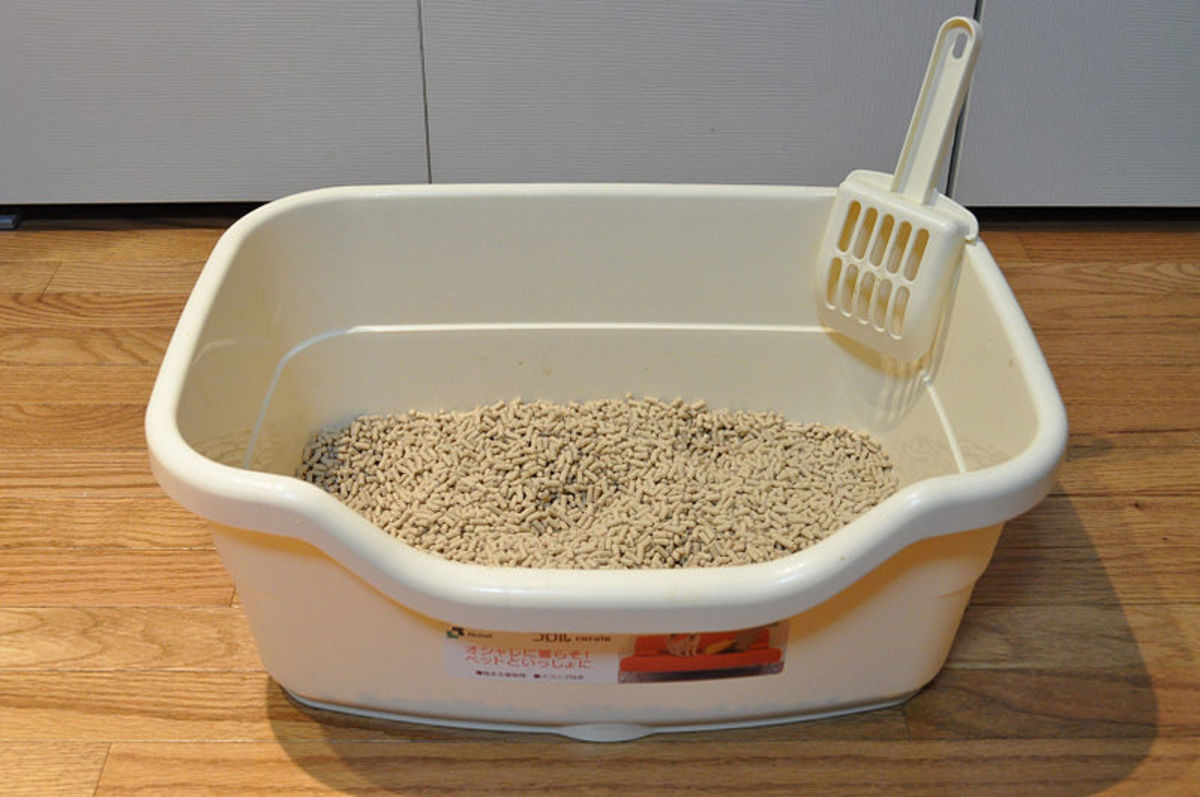U.S. Health Agency Director Prepared for a War, Not a Virus
The health official
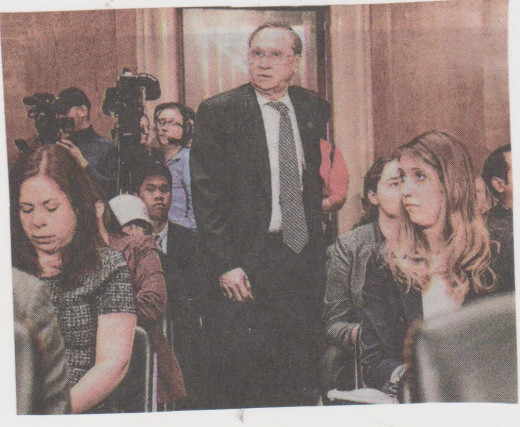
The spread of the COVID-19 virus can clearly be laid at the doorstep of China--and the repercussions continue to be politically and economically problematic--and ultimately tragic.
But the initially tepid response to it here in the United States, which now has more cumulative deaths than any other country in the world, can be laid at the doorstep of one man, chief of the office of Assistant Secretary for Preparedness and Response (ASPR) under the auspices of the Department of Health and Human Services.
Robert Kadlec (above), according to three reporters writing in the Wall Street Journal (7/10/2020), "spent years bracing for potential attacks on the Korean peninsula and was ill prepared for the coronavirus crisis that continues to surge, according to current and former government officials."
Yet his agency had the wherewithal, billions of dollars, to stockpile the medical supplies necessary for combatting a pandemic, choosing to focus instead on repatriating as many as 100,000 Americans from the Korean peninsula if Kim Jung Un decided to drop a nuclear warhead on South Korea.
This policy seems unfathomable, especially considering that well before the pandemic Donald Trump had extended an offer to North Korea's leaders to denuclearize in exchange for sanctions relief. That this has not been achieved has nonetheless established a working relationship (Trump has characterized his relationship with Un as a "good friendship") and laid some groundwork for a deal.
No nukes are likely to rain on the peninsula any time soon...And if they were to, the thousands of U.S. citizens there should have their own plans to emigrate in place, quickly, not relying on government aid in totality.
Kadlec is a former U.S. Air Force colonel as well as a doctor. Clearly this military connection influenced him but his post was not a Defense Department function but a medical one.
The misplaced priorities of one man reveal just how inadequate the U.S. response has been, starting, notably publicly, with Donald Trump's opinion that "everything is under control" when it simply was not. Grandstanding in the company of Andrew Fauci and Deborah Birx, true infectious disease specialists, he made light of what has become the greatest health threat to our republic since the flu pandemic of 1918, 100 years ago. Even now, Trump refuses to wear a protective mask in public, clearly implying his disdain for them.
Wrote the Journal, "Kadlec's agency was supposed to plan for other medical crises, such as a pandemic--an explicit mandate from Congress when it was created 15 years ago,"
The author has in his library a book, a compilation of essays by "today's leading thinkers" called 'What Should We Be Worried About?'. The thinkers are mostly scientists and members of John Brockman's Edge Foundation (edge.org) and was published by Harper in 2014. Being a closet worry wart, I have occasionally returned to the book for a reminder of what COULD happen to/in our world that, after all, suffered the most horrific disaster 60 million years ago from an errant asteroid that wiped out nearly all life, especially the big reptiles. Now humans have the earth in the fate of their hands as much as God (if you are a believer) does.
Daily we are reminded that global warming, an economic crash (currently underway following the coronaviris), overpopulation etc. could be our Achilles heels, but this book has dozens of suggestions besides those well publicized ones. On page 202 is the statement from J. Craig Venter, a renowned genomicist within the chapter titled, "What--Me Worry?"
"When new or old infectious agents such as viruses and bacteria infect the non immunized, genetic recombination can occur, creating new versions of such agents, which can then infect the population that was immunized against the existing strains. We see this occurring with almost every type of infectious pathogen and--most troubling--we are seeing it here in our own industrialiized, wealthy, educated country. There are pockets of diseases such as whooping cough; (and) the emergence in the Middle East of a disease-causing coronaviris...
The essays in the book are enough to make rabid survivalists out of the most mild mannered, and collect books on preparedness. I do not, however, consider myself having a paranoid personality, although buying books on perparedness would seem to verify it. But I would like to point out that the current issue of the AARP Magazine, whose circulation to seniors is 30 million--the greatest among ANY coffee table periodical in America--has a current article on just this subject, although emphasizing the more likely domestic threats to health and well being such as choking,fire, car accidents etc. But surely the pandemic reality was influential in the author's choice of the subject at this point in time.
Individual preparations for disastrous events large or small (possibly even another asteroid hit, which even the best human defenses today would not be able to deter), should not, of course, overwhelm one's daily life activities. But forewarned is forearmed. Interestingly, the threats many people feel not only from the Covid-19 virus but also protests in the streets and violence from extremists over police brutality or inequities of various sorts has led to a new "urban exodus".
THAT was kick started somewhat in 1992 following Rodney King's beating at the hands of four police officers (who were exonerated) and riots that ensued in metro areas nationwide. I "rode" this sentiment to starting the Greener Pastures Institute, published books on moving to small towns, and ultimately landed in one where I live today on California's Central Coast. Greener Pastures was mentioned in the WSJ, New York Times, even Good Housekeeping Magazine and I was interviewed by Gary Collins on his NBC show. (The institute had a 15 year run until I was prevented from building a retreat in a forested subdivision in Washington state called Ponderosa Village, long story. That was a personal disaster for me).
There is a perception that smaller towns and a de-urbanized lifestyle can contribute to feelings of well being and, in fact, the mostly rural counties and states have generally been less prone to virus density along with racial strife. But they are not panaceas for all society's ills--and 35 miles away from me in my house in the woods sits a nuclear power plant (planned to be decommisioned) three years hence. We run a b&b (hercastle.com) and have realized what many are seeking today, a home-based business far from office contagions and city stresses. Lucky us.
But everywhere is a reminder that covid-19 could strike us down, so traveling elsewhere has become problematic. Christopher Elliott, a travel writer for Forbes and the New York Times, has me on a list of correspondents who have provided tips and suggestions on the subject of where and HOW to travel during the pandemic (since so many have felt cooped up so long and will do almost anything to get out of the house). I'm no travel authority, but I have owned a motor home, have/had houses in Canada and Mexico (which I can't get to if I even wanted to since borders are closed), and have have accommodated via our b&b thousands who represent the creme de la creme of the American (and some foreign) traveling public. Christopher asked me recently if there were modes of travel that were the safest. My list was small.
If you can characterize the pandemic as the "genie that got out of the bottle" (and a very bad genie at that), it should be obvious that the blame rests with government officials, both in China and the United States, whose jobs (callings, really) were to prevent a potentially world and civilization destroying event from happening in the first place.
A couple months back I began thinking about (and even outlined) a book proposal on how Americans could return to a normal" life as soon as the pandemic petered out. There was hope that hot summer weather, which kills most flu bugs, would do it--THAT hope has clearly been dashed. Everyone is now talking about the "new Normal" that will replace the "old Normal", whereby it is assumed the virus will be with us for a very long time--in one form or another (re-read J. Craig Venter's comments above).
This is almost unconscionable, and depressing. (Sure, washing your hands is something we all need to continue to do regularly, but wearing masks everywhere and avoiding in-person social gatherings indefinitely would be spirit killers.)
If there is hope for the future, it needs to come from governmental and health officials who can be stewards of the public trust, and not inclined to pursue selfish private agendas. Some are clearly failing us and Robert Kadlec and Donald Trump are two who have.
